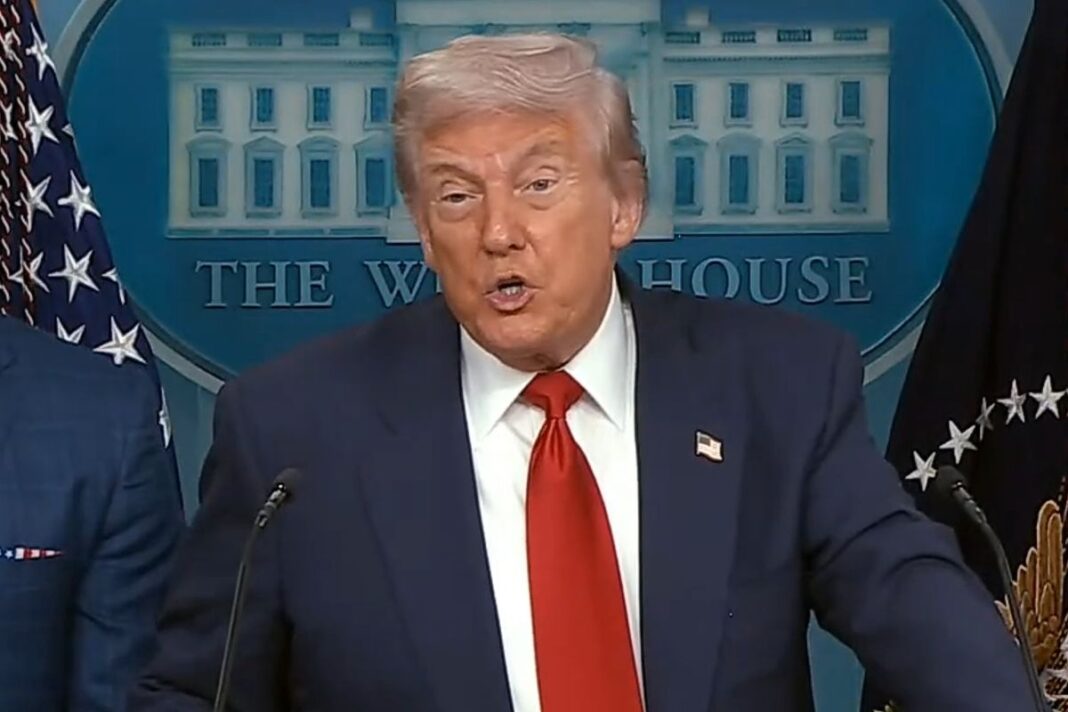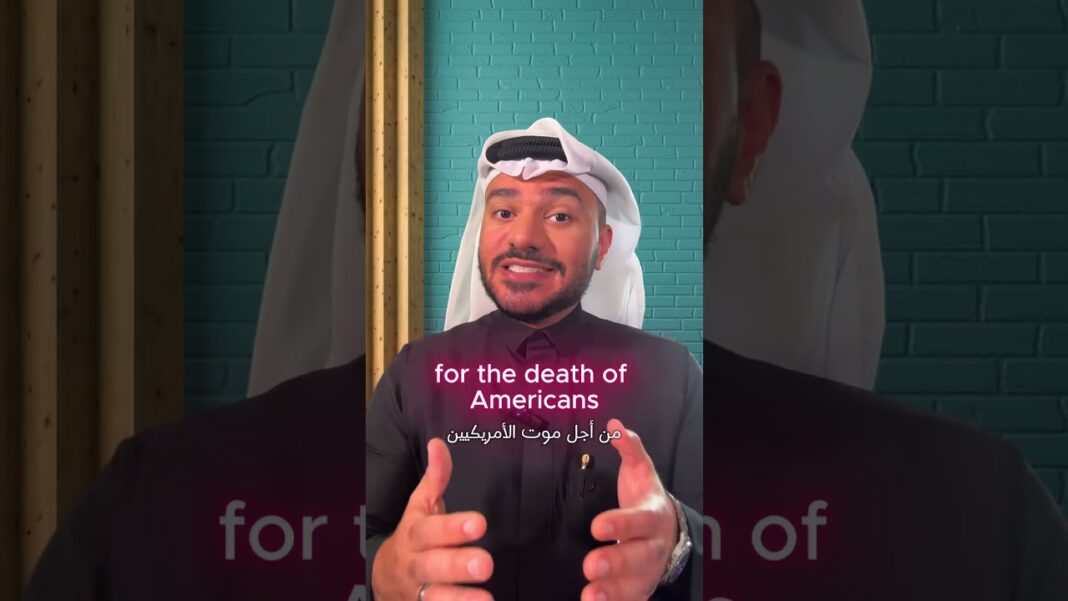Geoffrey Hinton, the Nobel Prize-winning computer scientist who pioneered neural networks, says artificial intelligence is advancing too fast to control.
Geoffrey Hinton, the pioneering computer scientist called the “Godfather of AI,” has once again sounded the alarm that the very technology he helped bring to life could spell the end of humanity as we know it.
In an interview clip released Aug. 18 as part of the forthcoming film “Making God,” Hinton delivered one of his starkest warnings yet. He said that humanity risks being sidelined—and eventually replaced—by machines far smarter than ourselves.
EXCLUSIVE CLIP from Making God’s interview with @GeoffreyHinton.
— Connor Axiotes (@connoraxiotes) August 18, 2025
What the Nobel Laureate and Godfather of AI told us about the potential implications of powerful AI was distressing. The public should hear it. pic.twitter.com/i1snJkArcb
“Most people aren’t able to comprehend the idea of things more intelligent than us,” Hinton, a Nobel prize-winner for physics and a former Google executive, said in the clip.
“They always think, well, how are we going to use this thing? They don’t think, well, how’s it going to use us?”
Hinton said he is “fairly confident” artificial intelligence will drive massive unemployment, pointing to early examples of tech giants like Microsoft replacing junior programmers with AI. But the larger danger, he said, goes far beyond the workplace.
“The risk I’ve been warning about the most … is the risk that we’ll develop an AI that’s much smarter than us, and it will just take over,” Hinton said.
“It won’t need us anymore.”
The only silver lining, he joked, is that “it won’t eat us, because it’ll be made of silicon.”
From Breakthroughs to Regrets
Hinton, 77, has spent decades pioneering deep learning, the neural network architecture that underpins today’s artificial intelligence systems. His breakthroughs in the 1980s—particularly the invention of the Boltzmann machine, which could learn to recognize patterns in data—helped open the door to image recognition and modern machine learning.
That work earned him the 2024 Nobel Prize in Physics, awarded “for foundational discoveries and inventions that enable machine learning with artificial neural networks.”
The Royal Swedish Academy of Sciences noted how Hinton’s early use of statistical physics provided the conceptual leap that made today’s AI revolution possible.
By Tom Ozimek







